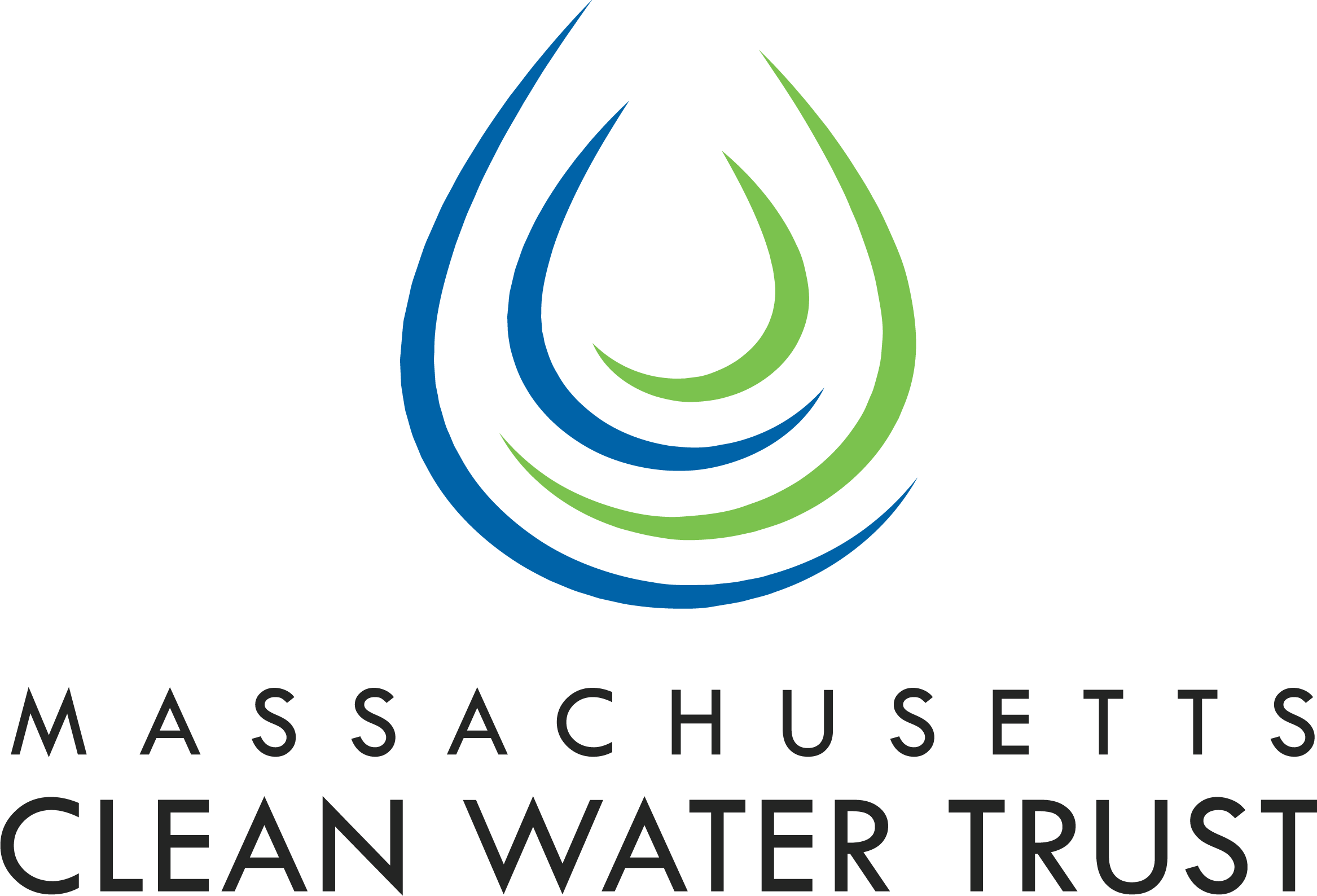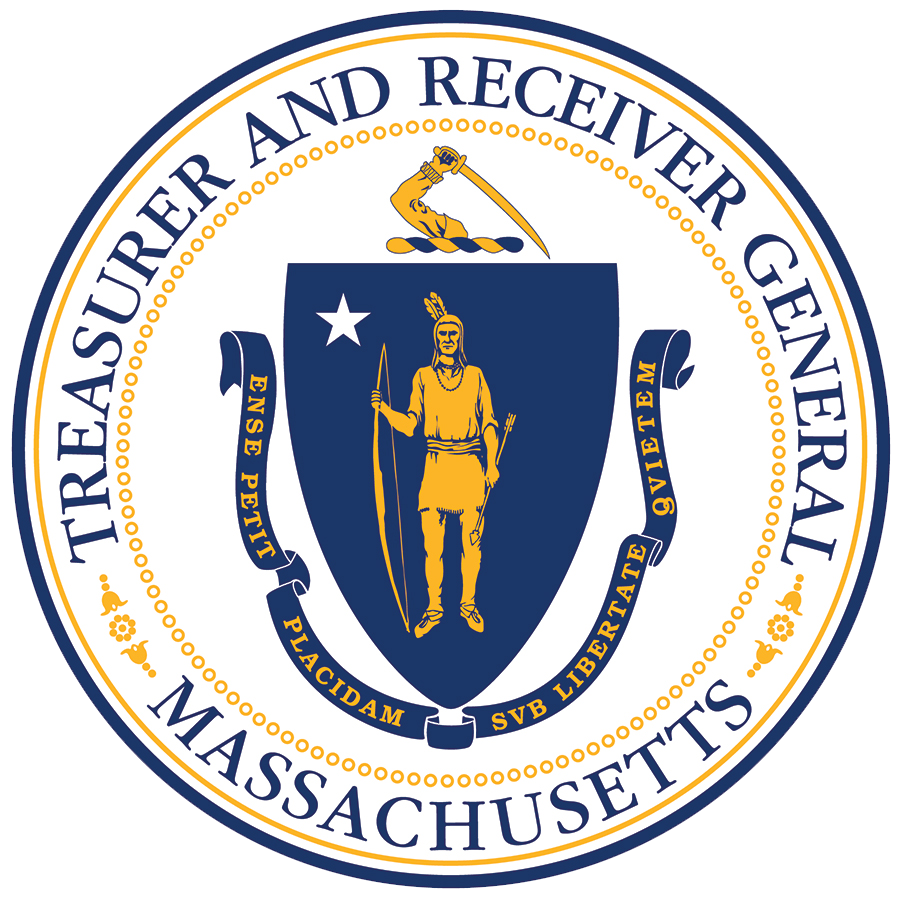- The Massachusetts Clean Water Trust
- Office of State Treasurer and Receiver General Deborah B. Goldberg
Media Contact
Carla Kath, Director of Communications, Office of State Treasurer and Receiver General
Boston — The Massachusetts Clean Water Trust (the Trust) announced it will be offering two new programs for Lead Service Line (LSL) inventories and replacement planning, including a 100 percent loan forgiveness program for public water suppliers (PWSs) and technical assistance for Community and Non-Transient, Non-Community PWSs serving less than 10,000 persons.
Starting July 1, 2022, the Trust will offer $20 million in loans with 100 percent loan forgiveness for planning activities assisting all PWSs to complete planning projects for LSL inventories and for the development of LSL replacement plans. The Massachusetts Department of Environmental Protection (MassDEP) will accept loan applications on a rolling basis while funding is available. The Trust recommends that PWSs apply as soon as possible to access funding as applications will be processed on a first-come-first-served basis. Application instructions and links are available on MassDEP’s website.
For PWSs serving populations less than 10,000, MassDEP will use $1.3 million to contract with qualified technical assistance providers, including professional engineers, to complete these planning projects. The technical assistance program will be managed and operated by the MassDEP Bureau of Water Resources, Drinking Water Program and information will be made available in the coming weeks.
The purpose of the programs is to assist PWSs with complying with new federal Lead and Copper Rule Revisions (LCRRs) that require a complete and transparent LSL inventory by October 16, 2024.
The two eligible projects for the programs are:
- LSL Inventory - Completing a comprehensive LSL inventory for both public and private service lines that will be made publicly available as detailed by MassDEP. LSL inventory projects locate, map, and inventory the water distribution and customer service lines to create a comprehensive LSL inventory. This project could include everything from inspecting physical service lines to compiling paper records to initiating a consumer LSL identification program to submitting the inventory to MassDEP in an approved digital format.
- LSL Replacement Program - Preparing an LSL replacement program for the PWS that complies with LCRRs. These replacement plans need to incorporate the MassDEP goal of protecting public health by planning to remove all lead service lines in five years.
The funding for the two programs comes from the federal Lead Service Line Replacement Grant in the federal Bipartisan Infrastructure Law (BIL) and from the federal Water Infrastructure Funding Transfer Act (WIFTA).
“We are pleased to provide community funding for infrastructure improvements across the state that impact overall public health and safety,” said State Treasurer Deborah B. Goldberg. “This vital investment helps us continue to ensure access to safe, clean water that is free of lead for people in Massachusetts.”
“Locating lead service lines is the first step in developing sound plans for their removal,” said MassDEP Commissioner Martin Suuberg, who is a member of the board of the Clean Water Trust. “Thanks to the federal infrastructure funding, Massachusetts public water suppliers will be a step closer to providing lead-free water to consumers. Once identified, MassDEP is looking forward to protecting public health by having all lead service lines removed within five years.”
"The new programs announced today further the Clean Water Trust's nation-leading efforts to strengthen local water infrastructure and management systems," said Secretary of Administration and Finance Michael J. Heffernan, who is also a member of the Clean Water Trust's Board of Trustees. “These offerings will enable important planning projects to improve the quality of the Commonwealth’s water resources while remaining in compliance with federal regulations.”
About the Lead and Copper Rule Revisions
In 1991, the U.S. Environmental Protection Agency promulgated regulations known as the Lead and Copper Rule (LCR) under the authority of the 1974 Safe Drinking Water Act. The LCR helps protect public health by regulating water suppliers on how to treat and control for lead. Lead and Copper Rule Revisions (LCRRs), finalized in 2021, require all PWSs to complete a full inventory of service lines connected to its distribution system, whether or not they are owned or controlled by the water system by October 16, 2024. Additionally, the results of the LSL inventory must be accessible to the public. Further, PWSs must also submit a plan to MassDEP by the 2024 deadline detailing how the PWS will prioritize, fund, and fully remove LSLs connected to its distribution system.
About the Clean Water Trust
Since its establishment in 1989, the Trust has loaned nearly $8.1 billion to improve and maintain the quality of water in the Commonwealth. An estimated 97 percent of Massachusetts' residents have benefited from the financial assistance of the Trust.
###

